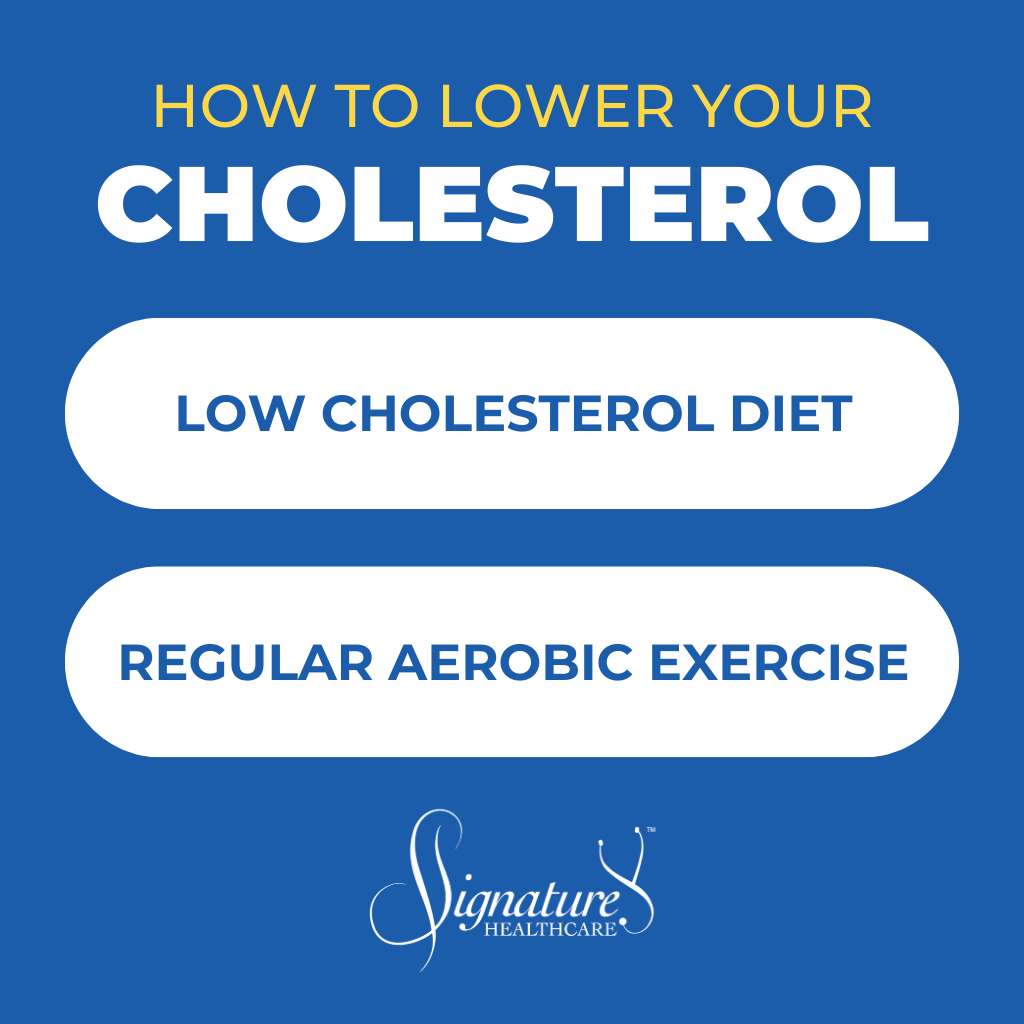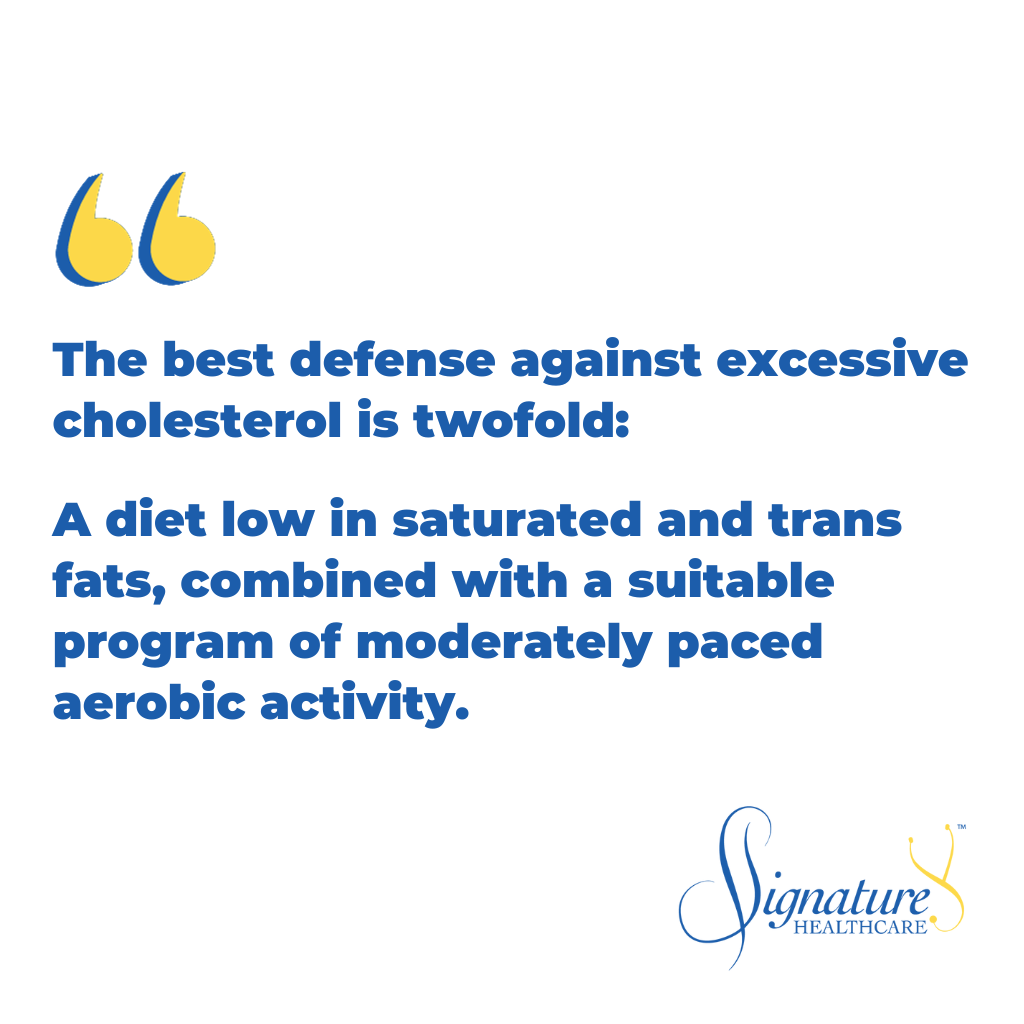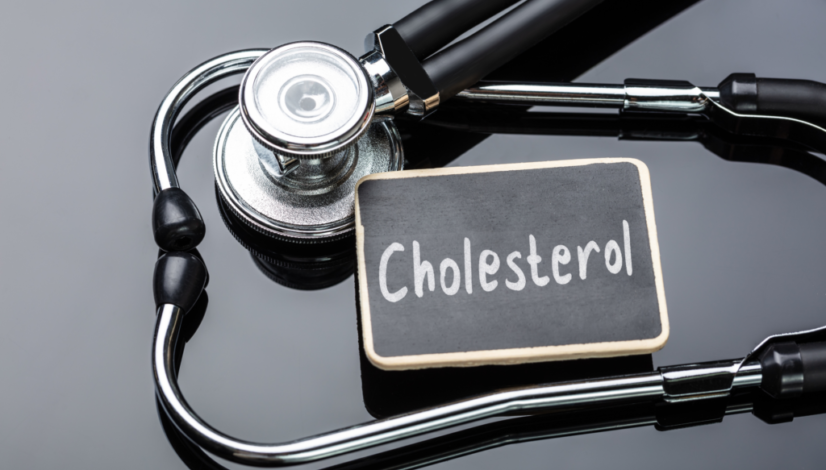How Long Does It Take to Lower Cholesterol?
You’ve heard about good and bad cholesterol. You know cholesterol is something to keep an eye on. But, in general, the ill effects of cholesterol can progress behind the scenes and affect you with little warning.
So, how much do your cholesterol levels impact your health? And how long does it take to lower cholesterol, if needed?
On average, a patient committed to an effective diet and exercise program may see lower levels in as little as three months. Patients taking prescribed medication may experience a decrease in cholesterol in just three to four weeks.
However, the answers differ for everyone.
What Is Cholesterol?
Cholesterol is a waxy organic substance found in every part of your body. It contributes to healthy cell structure and is essential for making vitamin D and several hormones.
Your liver efficiently manufactures most of the cholesterol your body needs. However, excess cholesterol can enter your body when you consume the fats and oils in animal meat and its byproducts (such as dairy).
Too much cholesterol is not a good thing. When cholesterol accumulates in excess — due to an unhealthy diet and/or genetic predisposition — it’s deposited in our arteries as plaque. The plaque gradually thickens and stiffens the artery walls.
So, what’s considered an unhealthy level of cholesterol? The answer varies from person to person.
To determine your levels, your Signature Healthcare physician provides you with access to testing and helps you understand both your HDL and LDL cholesterol counts, what they mean, and what actions you should take if levels are too high.

How Can You Lower Cholesterol?
For all patients, the best defense against excessive cholesterol is twofold:
A diet low in saturated and trans fats, combined with a suitable program of moderately paced aerobic activity.
Cholesterol is one of the rare metabolic functions that’s equally influenced by both diet and exercise. For patients with cholesterol issues, Signature Healthcare always recommends close attention to both.
- Diet: The National Heart, Lung, and Blood Institute advises a low-cholesterol diet that limits or replaces foods high in saturated and trans fats, salt, and/or added sugars.Healthier options include fruits, vegetables, legumes (beans and lentils), nuts, whole grains, low- or non-fat dairy products, fish, poultry (no skin), and moderate servings of lean meats.
- Exercise: Your weekly aerobic activity should include three to five sessions of moderate-intensity exercise, for a total of at least 150 minutes per week.Your body recognizes the difference between a stroll in the park and an active increase in your respiratory rate. Work hard enough to feel the effort, but take care not to over-exert.Some studies show that high-intensity interval training (HIIT) may improve the balance of good vs. bad cholesterol. HIIT is a tougher effort, but shorter in duration — eight to 15 minutes, twice a week. Although it’s not for everyone, it’s an effective cholesterol-reducer for many people.
(Regular exercise can improve your metabolic numbers, blood pressure, and blood sugar, too.)
How Long Does It Take to Lower Cholesterol?
So, exactly how long does it take to lower cholesterol?
Again, this varies for each person. But on average, a patient engaged in an effective diet and exercise program may see lower levels in as little as three months.
For patients who might benefit from medication, the physician prescribes statins, the current standard of care. With a statin, you may experience a decrease in cholesterol in just three to four weeks.
Statin use calls for a regular conversations about preventive care with your concierge physician. Your doctor will recommend when and how to follow up, but will usually see you again four to six weeks after you begin medication to review new lab tests, track and evaluate your progress, and adjust dosages as needed.

Getting Those Numbers Down
In many ways, how long it takes to lower cholesterol depends on you, but we’re here to lend a hand. Our concierge physicians at Signature Healthcare want to help you lower your cholesterol levels so you’ll live your longest, healthiest life.
Ready to begin the journey? Contact our office to get on the right path.

Dr. Marshall Silverman
Dr. Marshall Silverman, MD, a board-certified internal medicine specialist with over two decades of experience in Charlotte, combines his clinical role with academic pursuits as a clinical associate professor at UNC-Chapel Hill. His diverse interests span from disc golfing and woodworking to playing the violin and authoring illustrated children’s poetry books, reflecting a unique blend of medical professionalism and creative expression.
Disclaimer: The insights and articles provided on this site are for educational purposes only and are created with the utmost care by healthcare professionals. The content is not intended to be a substitute for personalized medical counsel, diagnosis, or treatment from your healthcare provider. We encourage you to consult a medical professional for any health-related questions or concerns.

